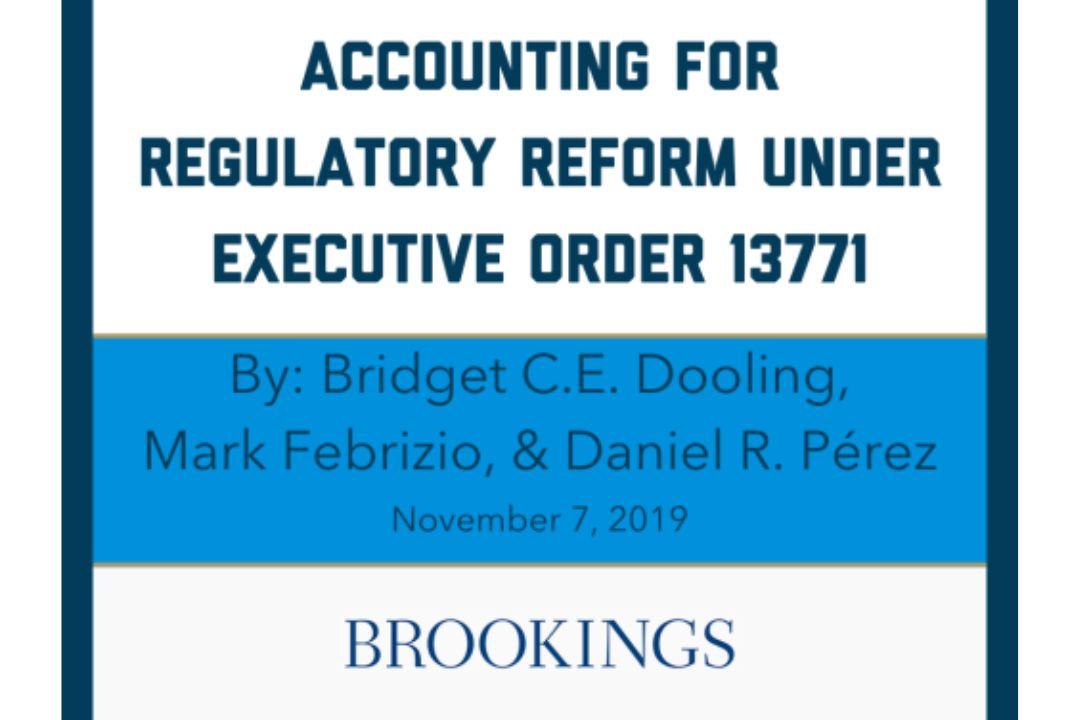Since 2018, Regulatory Studies Center scholars have co-authored the Rulemaking chapter of "Developments in Administrative Law and Regulatory Practice," an annual publication of the American Bar Association, Administrative Law and Regulatory Practice Section.




















